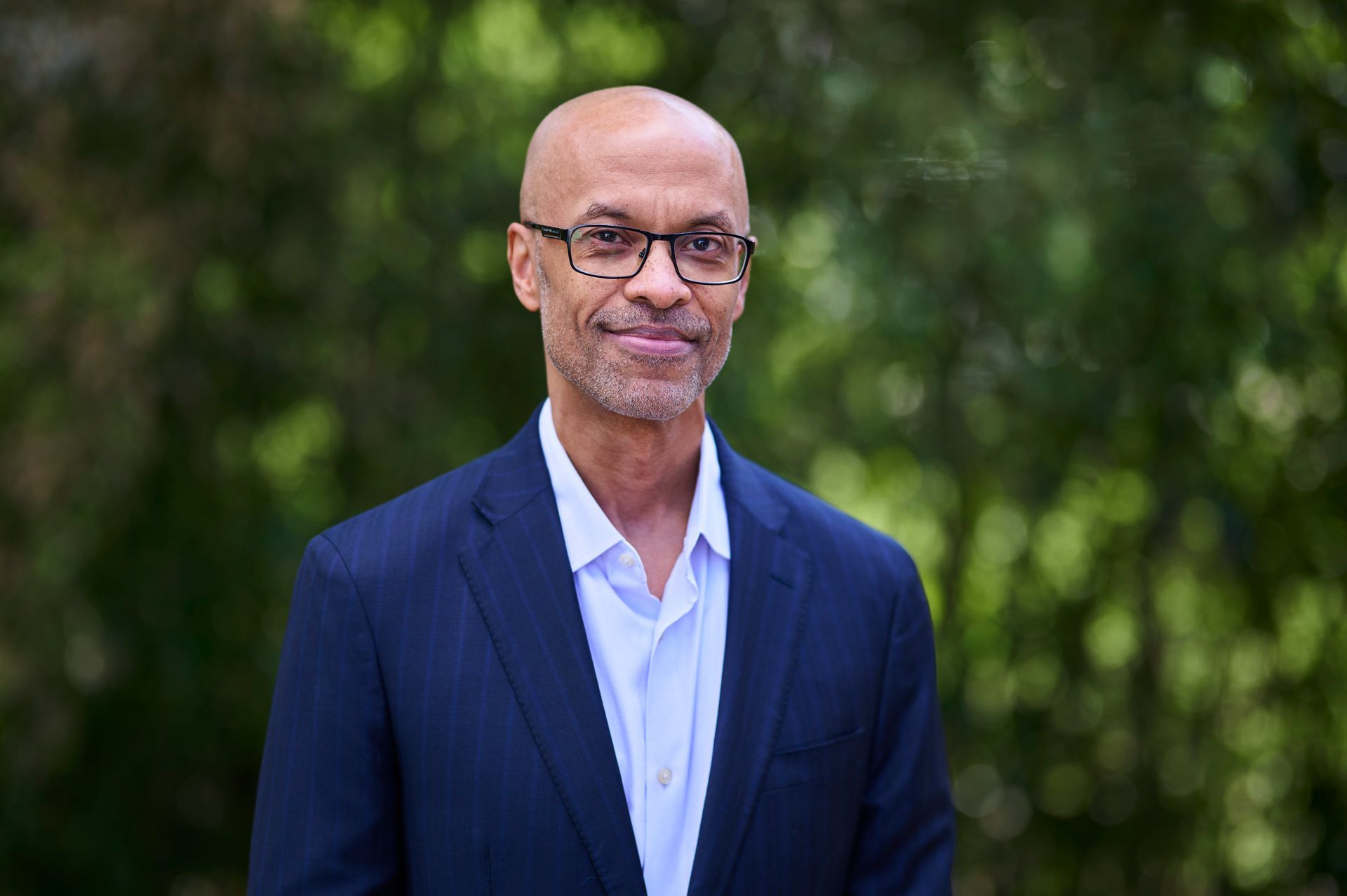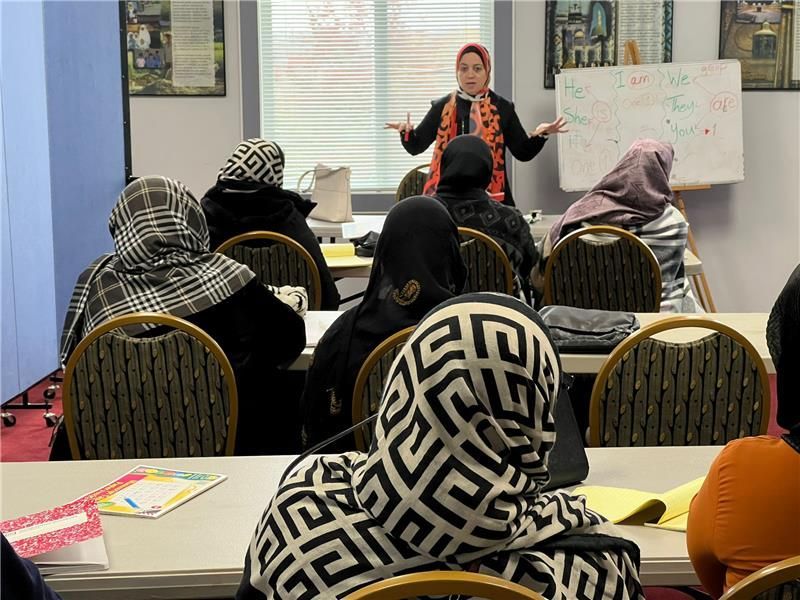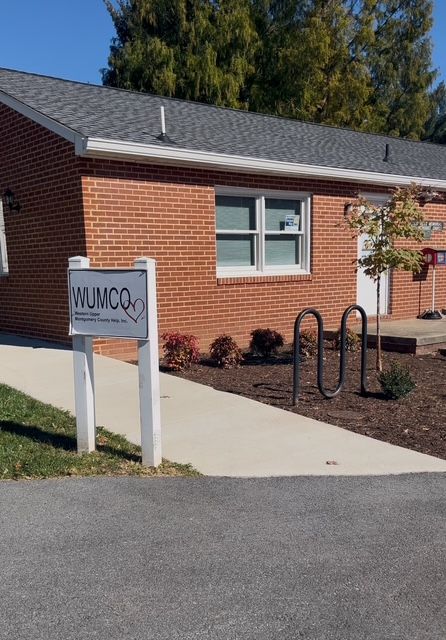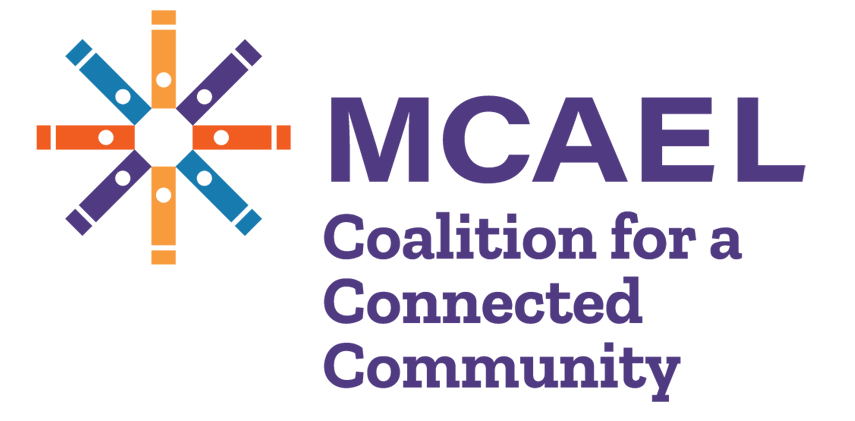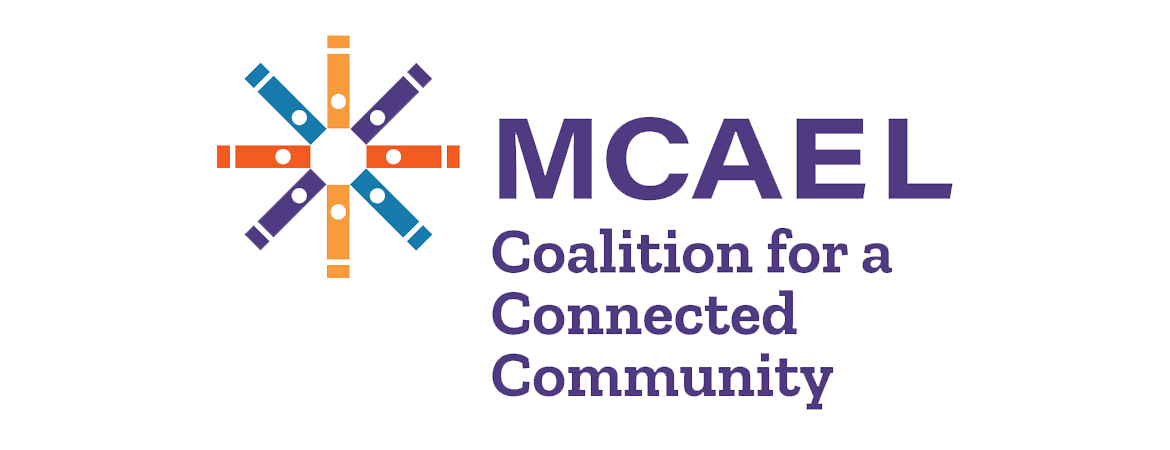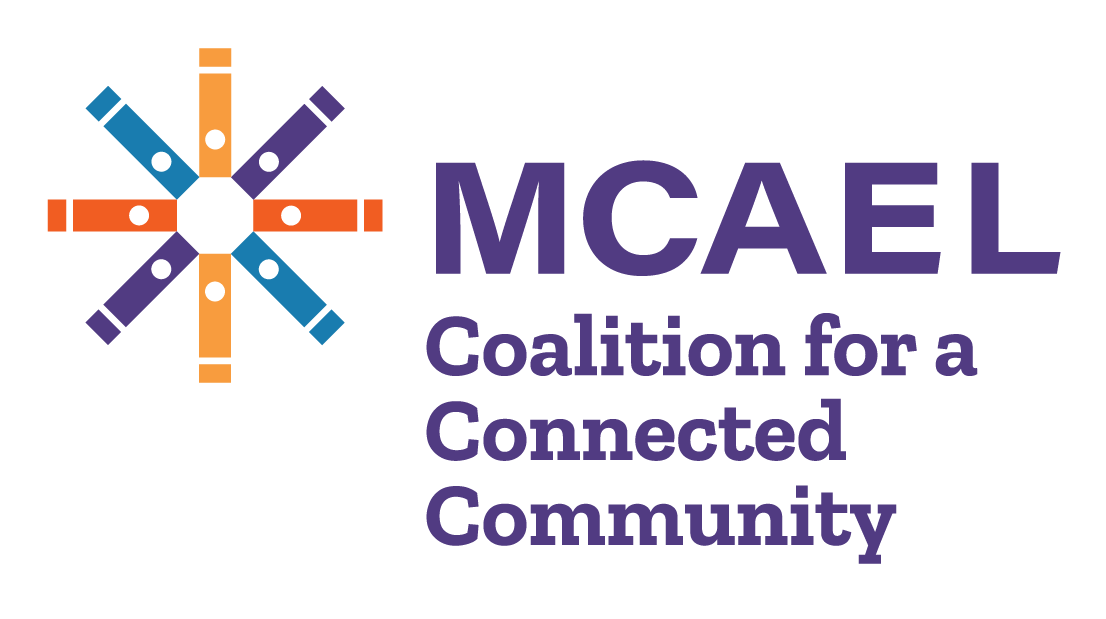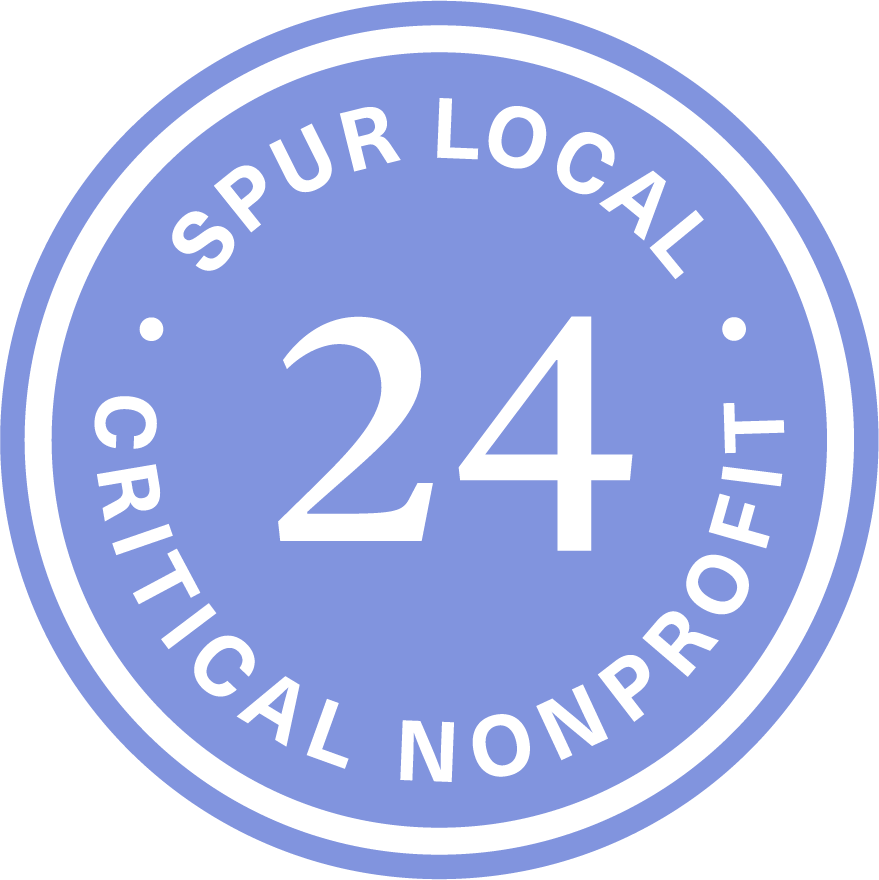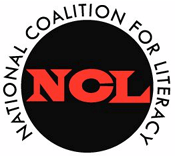Organization Spotlight: Neelsville Presbyterian Church
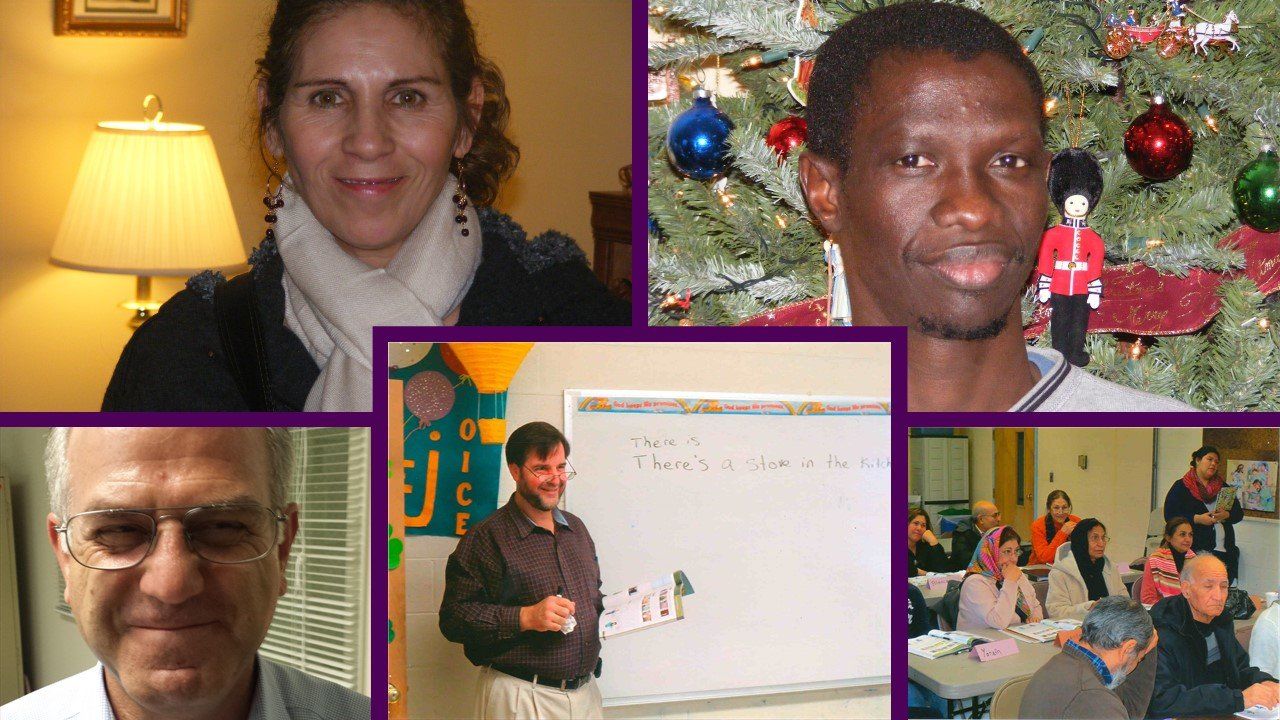
Can you describe your ESOL program and how your program came to be?
This program is offered as a ministry of Neelsville Presbyterian Church in Germantown. We have a small program on Saturday mornings, with between 50 and 70 students. The classes are two hours long, plus we have a mixed-level walk-in conversation hour most Saturdays after classes. The class year is from September through May with a break during the holidays. We have multiple beginner level classes, as the greatest percentage of students that come are at the beginner level. Presently, we have three beginner classes, 1 level two, 1 level three, and a conversation class for those primarily needing conversation. In addition, all of our teachers and the director are volunteers. The classes are offered free of charge, including the books. Our program is advertised, both through the MCAEL provider list/brochure and by our sign placed on the side of the road in front of the church one week before classes begin in September. We offer a rolling registration as long as there is room for new students. We are commanded in the scriptures to be a blessing to others in Jesus’ name. The program came to exist in the early 2000s through a vision of a few members of the church, with Betty Velthuis as the director, who had a burden to help the growing immigrant community around the church. To date, the program has helped more than 500 of our immigrant neighbors.
What are the demographics of your learners? For example, country of origin, male/female, occupation?
Our demographics are truly a reflection of the immigrant community in the Germantown area and the immediate needs of the community. The make-up of our student population is very fluid and changes from year-to-year. Usually, about half of our students are from Latin America, with the rest being from many different countries. We have had students from Iran, Bangladesh, India, Pakistan, China, Japan, Ukraine, Portugal, Vietnam, Madagascar, to name a few. We have both male and female students, although we tend to have more females. Most of our learners are working in labor and entry-level positions, mostly due to their need for English; however, we sometimes have professionals as well.
For readers who may not be familiar with your ESOL program, what are some things you would like them to know about your program?
Our program is a program for the immigrant population who cannot afford to attend more formal/collegiate programs, such as that at Montgomery College. Our goal is to make English learning available to all free of charge. Our registration is not restrictive. This means we are open to all and as long as we have room in our classes, we continue to accept walk-ins that were not aware of our program during the main registration period. Also, as we are on a main bus line, our facilities are easily accessible by bus for those without private transportation.
Can you share a recent success story?
We have many success stories. Some of our students practiced a profession in their home countries but cannot get jobs because of their limited English language ability. After they attend our program and improve their language proficiency, they are able to gain employment in their field. One good example is Eva - She was a nurse in her home country. After being with us for 1 year, she was able to get a job as a nurse. Mohammad was able to begin his own contractor business. It is very rewarding to hear these stories. Edgar is a University professor and needed to improve his English.
Steve Amar is the director of the Neelsville Presbyterian Church English program. He has a master’s degree in Teaching English as a Foreign Language/Intercultural Studies through Columbia International University. He has been with the program since 2011, and began directing the program in 2017. His forte is teaching Beginning English. He is a pastor in the Persian community in Montgomery County.
Interview by Halima Ahmed
